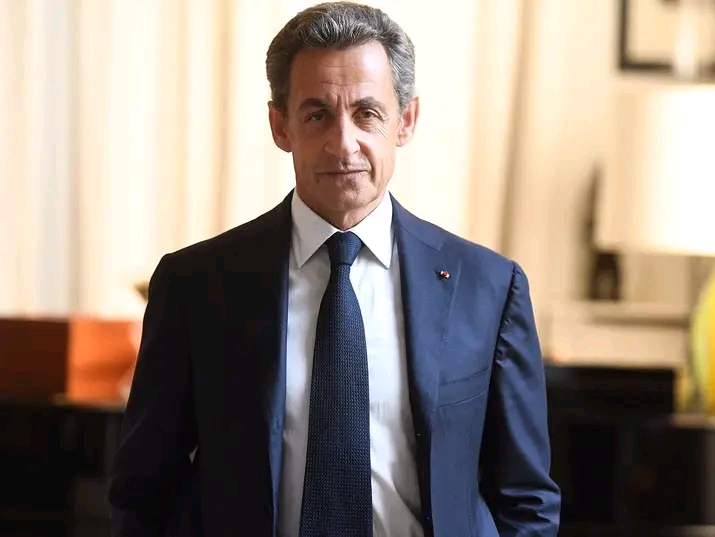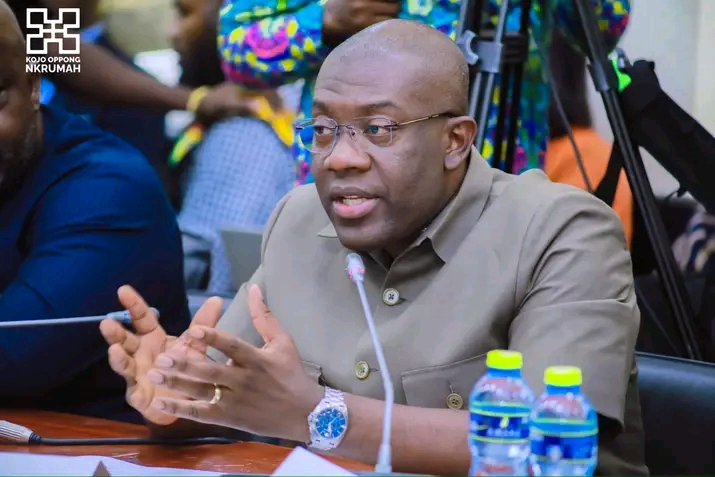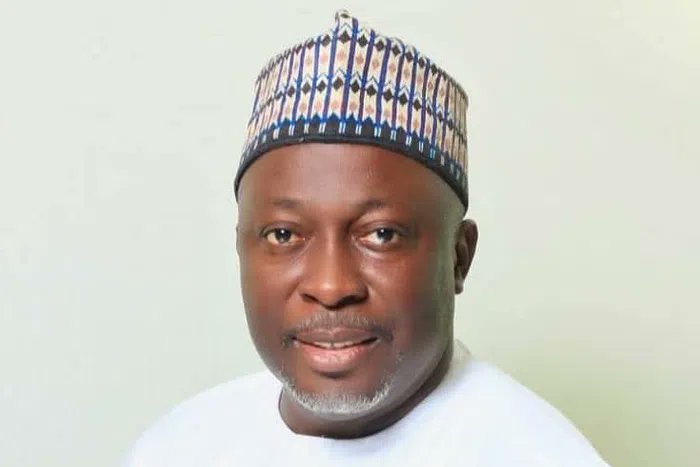By: Kenneth Appiah Bani
Former President Nicolas Sarkozy began serving a five-year prison sentence on Tuesday after being convicted of criminal conspiracy in a campaign finance case. A Paris court found him guilty of seeking illicit funds from the regime of Libya’s late leader Muammar Gaddafi to finance his 2007 presidential campaign. Sarkozy’s imprisonment makes him the first former French head of state to enter jail since World War II. He has appealed the verdict and continues to insist he is innocent.
Sarkozy was convicted on charges of criminal conspiracy related to a secret fundraising scheme for his 2007 campaign. Prosecutors alleged that Sarkozy had allowed close aides to arrange millions of euros in undeclared donations from Libya. The judges noted there was no definitive proof of a direct payment to Sarkozy or his campaign, but ruled that permitting the plot constituted conspiracy under France’s strict electoral laws. French law forbids undisclosed foreign contributions and imposes firm spending limits on campaigns; violating these rules carries heavy penalties. In handing down the sentence, the presiding judge described the case as one of “exceptional gravity,” saying the scheme threatened to undermine public trust. Sarkozy immediately vowed to appeal, and his lawyers have requested that he be released pending the outcome of the higher court review.
On Tuesday morning, Sarkozy turned himself in and was escorted to La Santé prison in Paris. He arrived hand-in-hand with his wife, singer and former model Carla Bruni-Sarkozy, amid a crowd of supporters who had gathered outside his home. Before entering the prison, Sarkozy released a statement on social media, again protesting his innocence and calling the proceedings unjust. His legal team quickly filed for provisional release while the appeal is heard; French law allows an appeal even as a sentence is served. Authorities said he will initially be placed in a high-security unit at the prison, in a single cell for safety. In accordance with prison rules, he will have access to basic amenities such as a small television and phone calls, and after one year he may seek a reduced term (for example, home detention with an electronic tag) under provisions of the penal code.
Nicolas Sarkozy, 70, was President of France from 2007 to 2012. A leading figure of the center-right, he came to power promising economic reform and took a tough stance on law and order and immigration. During his single term he raised the retirement age, cut taxes for businesses, and led France through the 2008 global financial crisis. In 2008 he married singer Carla Bruni, becoming known for his energetic and sometimes flamboyant style. In the 2012 election he was defeated by Socialist François Hollande.
After leaving office, Sarkozy remained an influential figure in his party (the UMP, later renamed The Republicans) and on the French right. He briefly sought a comeback in 2016–2017 but withdrew after losing his party’s primary. Since then he has largely retired from frontline politics, though he still commands respect among conservative voters and often comments on political issues.
Sarkozy’s current conviction follows a string of legal troubles in recent years. In 2021 he was found guilty of corruption and influence-peddling in a case involving a plan to obtain inside information from a judge (often called the Bettencourt or “inside information” affair). He was sentenced to one year in prison (to be served under house arrest with an electronic tag) and has appealed that verdict. In 2024 an appeals court upheld his conviction in the so-called Bygmalion campaign finance scandal for illegally exceeding spending limits in his failed 2012 re-election campaign and gave him a suspended prison term. That ruling is also under appeal in France’s highest court. Other investigations have examined alleged illicit deals with foreign governments (notably Qatar) and irregularities in campaign polling contracts, but none of those probes has yet led to a conviction. In early 2023 France stripped Sarkozy of the Légion d’honneur following his corruption convictions, underscoring his fall from grace.
With the appeals process underway, Sarkozy will remain in custody during the review. French law allows him to continue appealing the convictions even as he begins serving the sentence. Observers say the unprecedented jailing of a former president is likely to fuel debate in France about political corruption and judicial independence, but also underscores that no public official is above the law.






